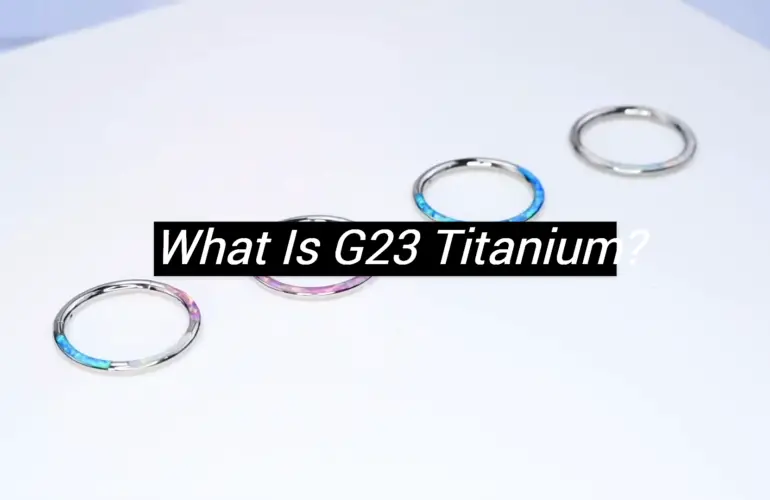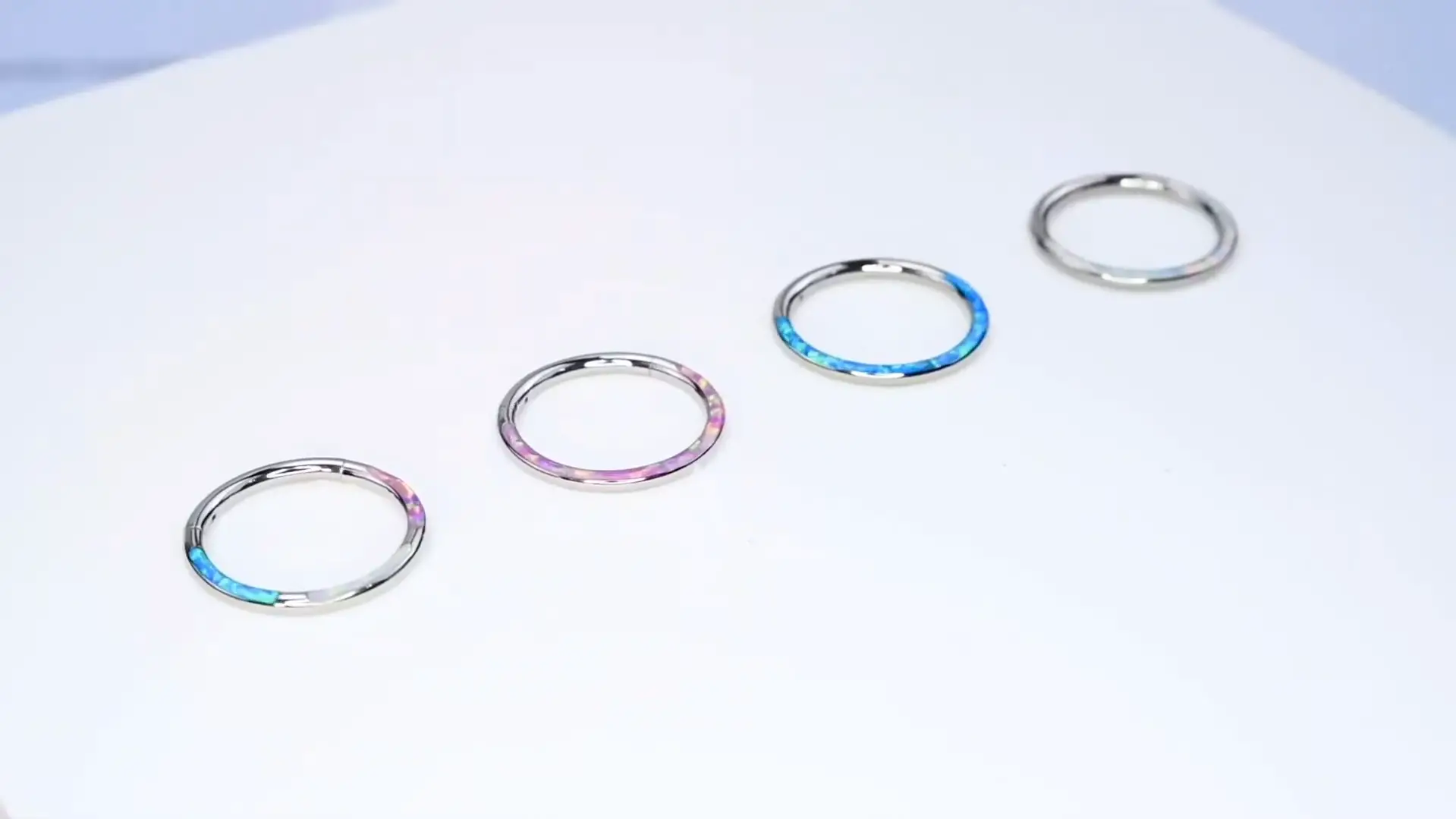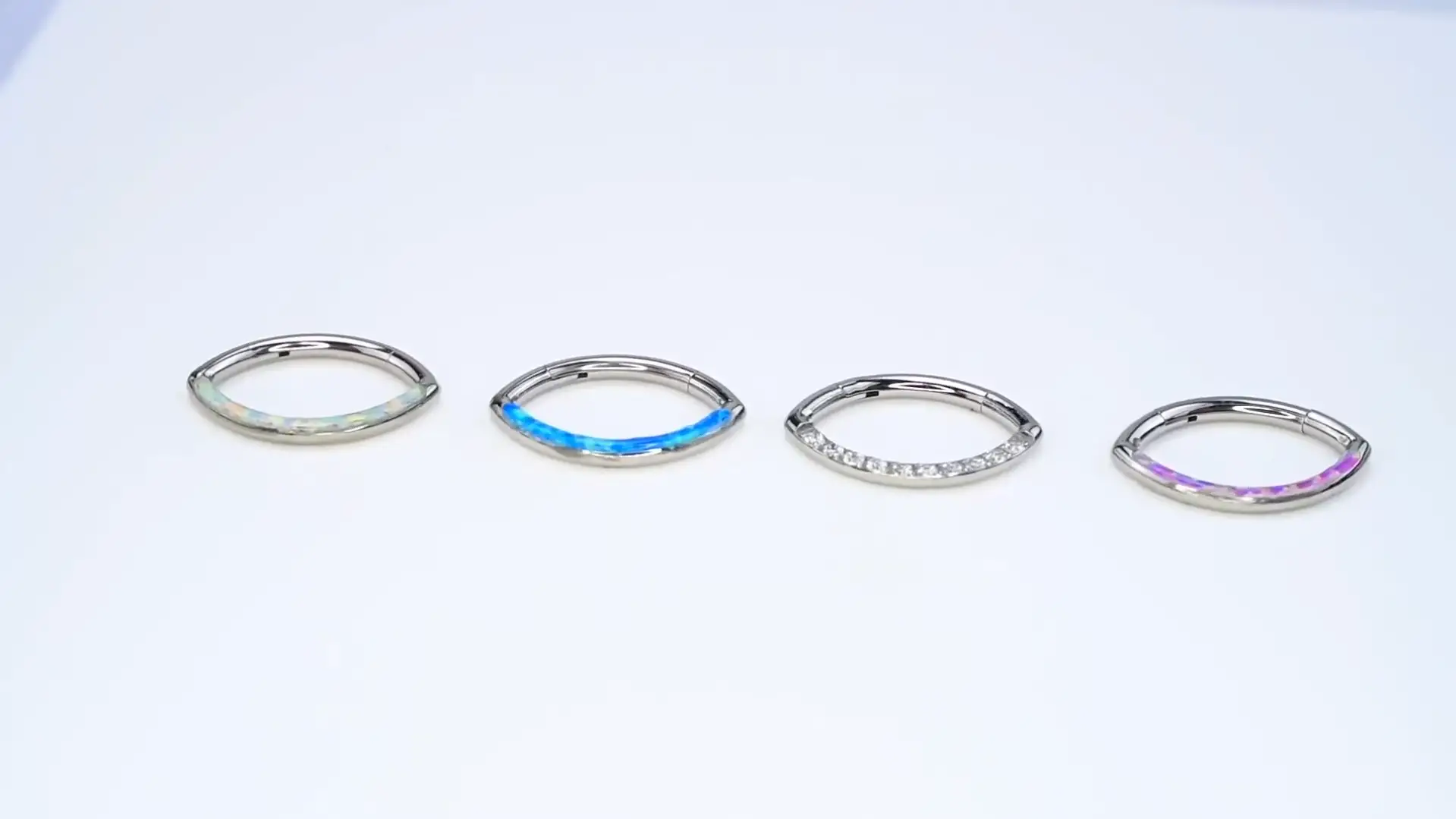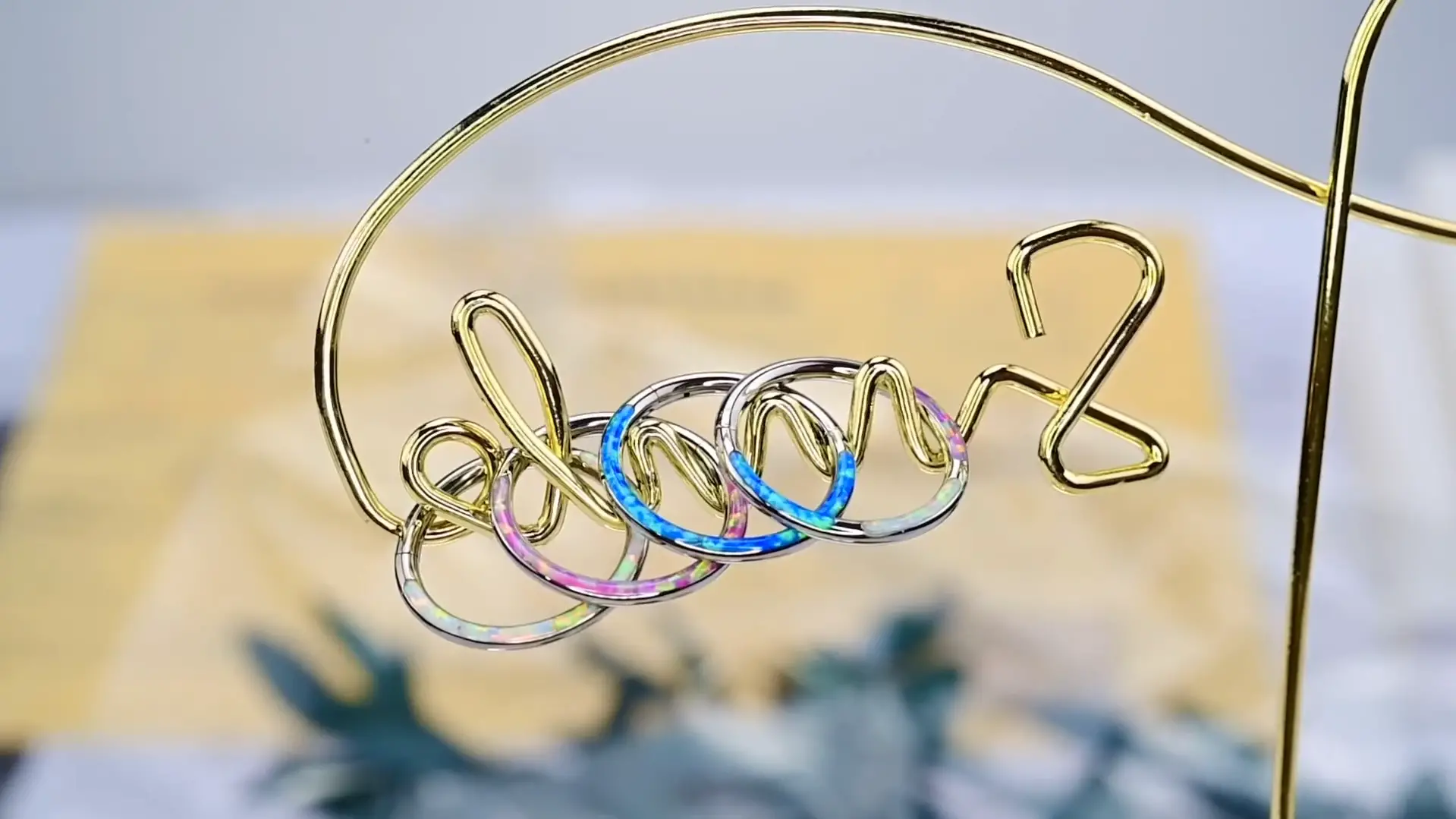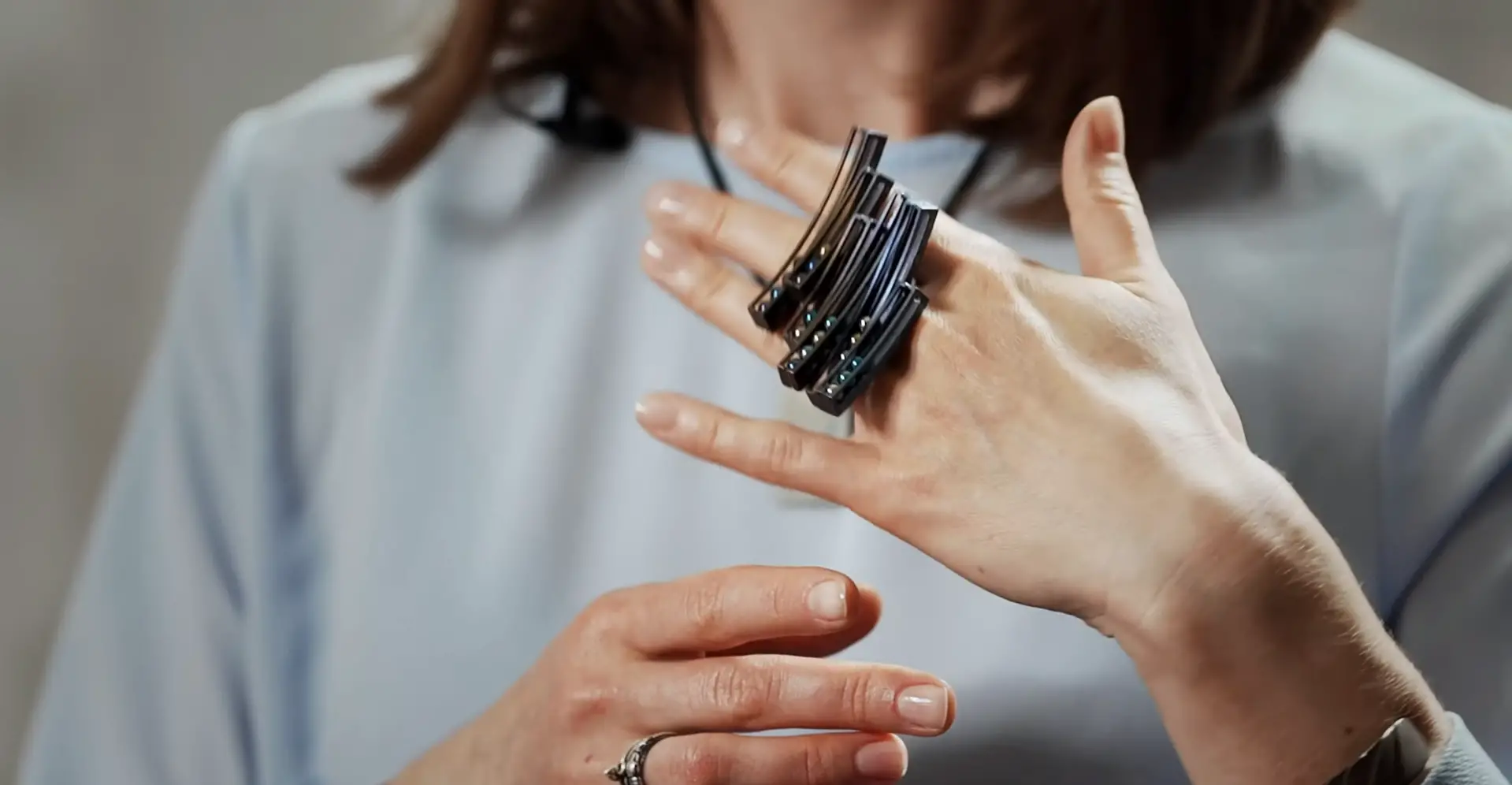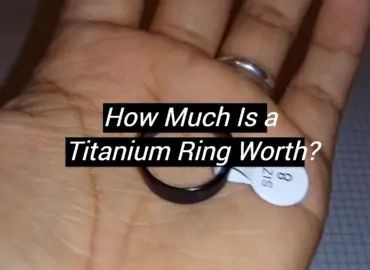Titanium has become one of the most popular metals in recent years due to its exceptional durability, lightness, and resistance to corrosion. In particular, G23 Titanium has become one of the most highly sought-after alloys amongst manufacturers and consumers alike. If you’re curious about G23 Titanium and what makes it so unique, then you’ve come to the right place. In this blog post, we’ll go over what G23 Titanium is, its properties, and why it’s so popular.
Titanium And Its Grades
The superior strength, lightweight properties, and resistance to corrosion make titanium a great option for aerospace, medical, marine, and other industries. However, titanium also comes in various grades, and each grade offers unique properties that make it suited for specific applications. In this blog post, we will delve deeper into the world of titanium and its various grades to understand which grade serves which purpose.
Titanium is a transition metal with the chemical symbol “Ti.” It was discovered in the late 18th century by William Gregor and got its name because it is really strong and durable, just like the Titans of Greek mythology. Titanium can withstand harsh environments without rusting. Being biocompatible, this metal is often applied in the medical industry for implants and prosthetics.
Titanium comes in four main grades, each offering distinct properties and characteristics:
- Grade 1: This grade is the most ductile and malleable one, with high corrosion resistance. It is ideal for welding and used in marine and chemical spheres.
- Grade 2: This grade is the most widely used because it has an excellent balance of weldability, strength and corrosion resistance. It is popularly used in chemical processing and marine industries.
- Grade 3: This grade is more robust than Grade 2, with better corrosion resistance. It is often used in aircraft frames and piping systems.
- Grade 4: This is the strongest of all titanium grades and is often used in high-stress environments such as orthopedic implants and aerospace applications. [2]
Titanium finds use in various industries as it has a big number of various features. The aerospace and defense industries use it in aircraft frames, missiles, and spacecraft. The medical industry uses it in implants, prosthetics, and medical equipment as it is highly biocompatible. The marine industry uses it in shipbuilding, offshore drilling, and pipelines because of its corrosion-resistance. Titanium is also used in the sports and entertainment industry for bicycle frames, tennis rackets, and musical instruments.
It is important to note that titanium expands and contracts less than other metals in high-temperature environments. Its low density allows for lightweight designs, making it easier to transport and maneuver. It has excellent biocompatibility, which means it does not react negatively with living tissue. Finally, its resistance to corrosion makes it a perfect option for application in various spheres of our life.
Titanium is a versatile metal that offers a range of benefits to various industries. The four grades of titanium offer specific properties, making them suited for different applications. Choosing the right grade is essential to achieving the required results, and consulting industry professionals can help you make the right choice. With its strength, durability, and corrosion resistance, titanium is set to continue playing a significant role in various industries for years to come.
Titanium G23 And Its Properties
Titanium G23 has become increasingly popular in the body piercing industry as a safe and reliable material for piercings. It is a type of titanium alloy that is mostly used for body jewelry due to its unique properties. Here we will discuss the properties of Titanium G23, its benefits, and why it is a great choice for body piercings.
Chemical Properties
Titanium G23 is an alloy made from a combination of titanium, aluminum, and vanadium. The G23 suffix is given to the titanium alloy to conform with the ASTM F136 standard. It is an isoelastic implant material, meaning it has an elasticity that matches bone, and will minimize stress at the interface where implant and live tissue meet. Among all titanium grades, G23 has the highest bio-compatibility, corrosion resistance, and soft tissue response. This makes it the perfect material for body jewelry and medical implants.
Physical Properties
Titanium G23 is a lightweight material, and this makes it ideal for use in making body jewelry. It has a lower density compared to other metals, while its strength and durability guarantee longevity. It can withstand extreme temperatures and remains corrosion-free even with repeated exposure to body fluids, sweat, and other environmental factors.
Hypoallergenic Properties
Body piercing enthusiasts are fully aware of the importance of hypoallergenic materials in jewelry manufacture. Many people suffer from allergies and reactions to certain metals, but Titanium G23 is hypoallergenic and biocompatible. It is widely used in the production of body jewelry and medical implant devices, making it an excellent choice for those with sensitive skin.
Compatibility with the Body
Titanium G23 is particularly compatible with the human body. Its elastic modulus is similar to that of human bone, which ensures that there is minimal stress on the affected area. Also, it is easy for the body to adapt to the presence of the metal, healing faster and better. This makes it less likely to cause complications or issues during the healing process. [1]
Types of Jewelry that Can Be Made with Titanium G23
One of the benefits of Titanium G23 is that it can be shaped to create an array of unique and beautiful designs. It is perfect for manufacturing body piercing jewelry, ranging from simple studs, barbells, rings, and many others. The material makes it possible to create intricate and unique styles, making it an excellent choice for those looking for bespoke pieces.
It is clear that Titanium G23 is one of the best materials for body jewelry. Its biocompatibility, corrosion resistance, and elasticity make it a popular choice among body piercing enthusiasts. It is safe, hypoallergenic, and can be shaped to create unique and personalized jewelry designs. So, if you’re considering body piercing, Titanium G23 is a great option to choose from. Always make sure to get your body piercing from a licensed piercer and make sure to ask for the material of your chosen jewelry.
Titanium G23: Comparison With Other Metals
When it comes to body jewelry, the type of metal you choose is just as important as the style of the piece. Not all metals are created equal, and some may cause allergic reactions or infection if not carefully selected. Titanium G23 has gained popularity in recent years as a safe, durable, and stylish option for body jewelry. Here we compare Titanium G23 to other common metal options and explain why it’s the best choice.
Stainless Steel
It is a popular metal choice for body jewelry because of its affordability and durability. Additionally, the steel used in jewelry may be of low quality and contain impurities, which can cause infection. Titanium G23, on the other hand, is 100% hypoallergenic and contains no impurities.
Gold
Gold is a luxurious metal prized for its beauty and durability. However, it is also one of the most expensive metals for body jewelry. Additionally, gold jewelry is often alloyed with other metals, such as nickel or copper. Titanium G23 can be an excellent alternative to gold for those who want a durable and stylish option without breaking the bank.
Sterling Silver
This is another popular metal choice for jewelry because of its affordability and classic appearance. Additionally, like steel, it can contain impurities that can cause infection. Titanium G23 is a durable and low-maintenance option that will last much longer than sterling silver.
Titanium G5
While Titanium G5 is another type of titanium commonly used in jewelry, it is not as safe for the body as Titanium G23. Titanium G5 contains traces of aluminum and vanadium, which can cause adverse reactions in some people. Titanium G23, on the other hand, is the purest form of titanium and is widely recognized as safe for use in medical implants.
Platinum
Platinum is the most expensive metal commonly used in body jewelry. While it is known for its beauty and durability, it is also very heavy and not ideal for certain types of jewelry. If you’re looking for a high-quality and low-maintenance metal option, Titanium G23 is a smart choice.
When compared to other common metals used in jewelry, Titanium G23 stands out as the clear winner. It is hypoallergenic and safe for use in the body. With its sleek and modern appearance, it’s no wonder Titanium G23 has become such a popular choice for body jewelry. When shopping for body jewelry, always look for high-quality titanium options like Titanium G23 for the safest and most stylish option. [3]
Spheres of Application
One of the most popular use cases of this metal is in the form of an alloy called Titanium G23. This alloy is not only lightweight and strong, but also hypoallergenic, that’s why it is perfect for medical and healthcare industries. However, titanium G23 has several other spheres of application as well, and here we will explore these applications to understand how this amazing metal is revolutionizing various industries.
Medical Industry
Perhaps the most well-known use case of titanium G23 is in the medical industry, where it is used in the form of surgical implants and other medical devices. The metal is biocompatible, which means that it does not provoke any adverse reactions when implanted in the body.
Jewelry Industry
Another sphere of application of titanium G23 is in the jewelry industry, where because of its being lightweight and hypoallergenic it is a great option for those who have sensitive skin. Additionally, the metal can be easily colored and engraved, allowing for customizable jewelry design options.
Automotive Industry
This industry has also started to explore the use of titanium G23 in their products. The metal’s lightweight and strength make it perfect for application in car frames, suspension systems, and exhaust systems. Additionally, the corrosion-resistant properties of titanium G23 can help enhance the longevity of vehicles.
Sports Equipment Industry
Lastly, the sports equipment industry has started to adopt titanium G23 into their products as well. The lightweight and durability of the metal make it ideal for use in sports equipment such as bikes, tennis rackets, and golf clubs. Additionally, the metal’s hypoallergenic properties make it perfect for people with sensitive skin.
Titanium G23 has several wide-ranging spheres of application, and as a result it is one of the most versatile metals in the world. From medical implants to sports equipment, the metal’s lightweight, strength, and hypoallergenic properties make it a popular choice for designers and manufacturers across several industries.
FAQ
What does G23 mean on titanium jewelry?
G23 refers to the grade of the titanium used in making jewelry. This grade is also known as titanium 6AL-4V ELI. The code “ELI” stands for Extra Low Interstitial. It means that the grade 23 titanium used contains fewer impurities, making it more biocompatible with the human body.
Is Grade 23 titanium nickel free?
Yes, grade 23 titanium is nickel-free. This fact makes it perfect for individuals with nickel allergies who are prone to skin irritation. It means that there’s no risk of having allergic reactions or getting itchy skin when wearing grade 23 titanium jewelry products. [3]
Is Grade 23 titanium good for piercings?
Grade 23 titanium is the best option for piercings due to its biocompatibility and low reactivity with body tissues. It reduces the risk of infections and long healing times, making it a preferred choice for piercers and clients. In addition, grade 23 titanium is known for its extraordinary strength, which makes it a durable option for jewelry.
Is G23 titanium safe for MRI?
Grade 23 titanium is MRI-safe and does not cause any interference with imaging results. It is widely accepted in the medical field, often used in implants and other medical devices. Therefore, you can rest assured that your health and safety are not compromised when wearing G23 titanium jewelry.
Is G23 titanium good quality?
Grade 23 titanium is an excellent quality option for jewelry. It is incredibly durable and does not tarnish, corrode, or lose its luster over time. Its strength and biocompatibility make it a perfect material for creating long-lasting and comfortable jewelry pieces.
What is a grade 23 titanium equivalent to?
Grade 23 titanium is equivalent to ASTM F136, which is commonly used in medical implants. This means that G23 titanium is of the highest quality, ensuring that it is safe and durable for implants, piercings, and jewelry. [1]
Useful Video: Wholesale Anodized Titanium G23 Body Jewelry by Acha
Conclusions
In conclusion, G23 Titanium is an alloy that’s become increasingly popular in recent years for its biocompatibility, corrosion resistance, strength-to-weight ratio, and unique color. With its versatile properties, it’s easy to see why manufacturers and consumers alike have taken an interest in G23 Titanium; it has tons of practical uses and aesthetic appeal. Whether you’re a jewelry designer, aerospace manufacturer, or dentist, G23 Titanium is an alloy that’s worth considering. Give it a try!
References:
- https://bodyjewelryfactory.com/g2309.html#:~:text=Implant%20grade%20titanium%20G23%20
- https://www.ouferbodyjewelry.com/blogs/news/the-difference-between-g23-and-f136-titanium
- https://piercingstudio-wien.at/en/piercing-wiki/titanium-g23-grade-23/

